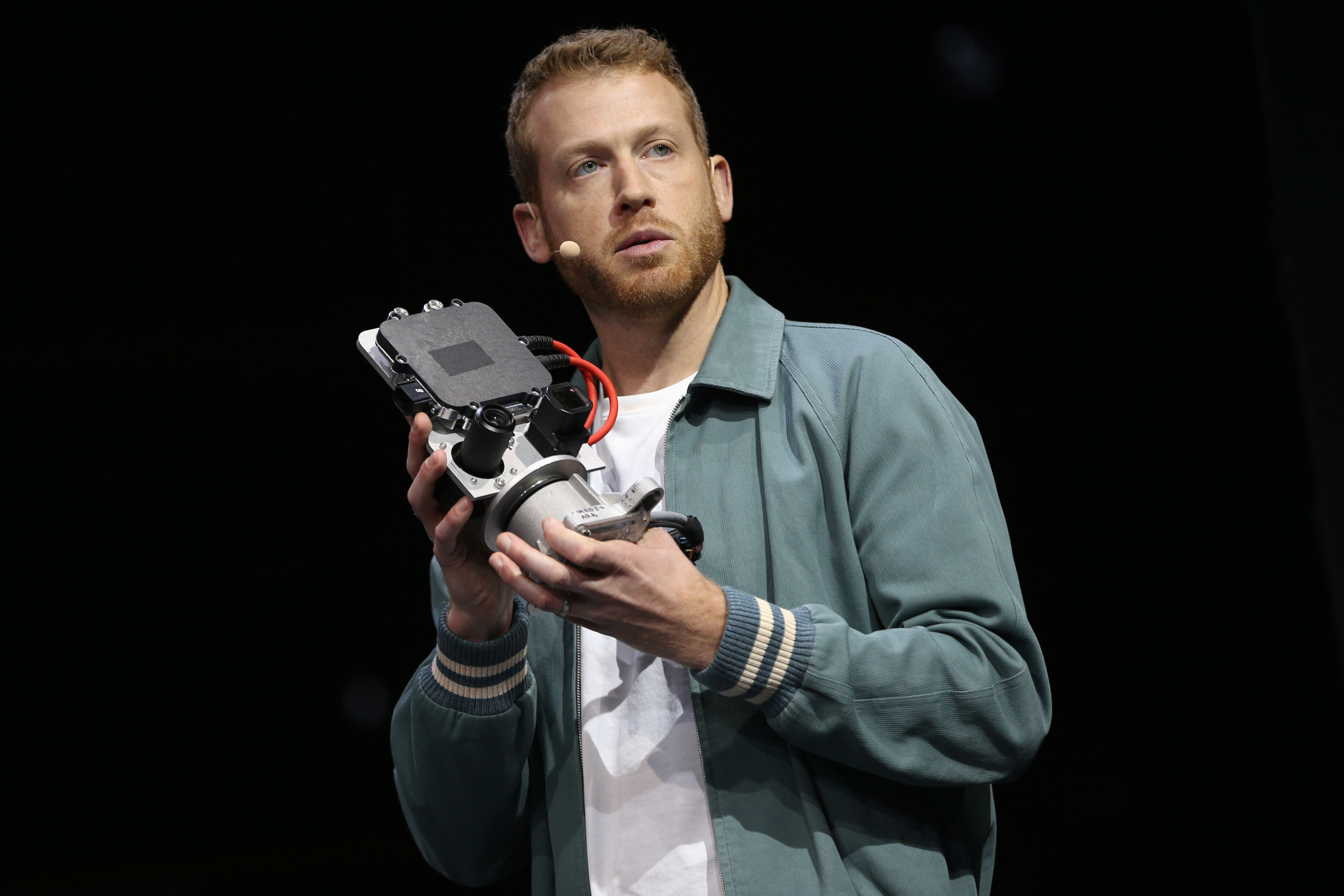
Kyle Vogt, chief technology officer, president & co-founder of Cruise, a Honda and General Motors self-driving car partnership, speaks on stage at the launch of the Cruise Origin autonomous vehicle in San Francisco, California, U.S. January 21, 2020. REUTERS/Stephen Lam/File Photo Acquire Licensing Rights
Nov 19 – The CEO of General Motors’ robot-taxi unit Cruise, Kyle Vogt, has resigned from the company a day after apologizing to staff as the company undergoes a safety review of its U.S. fleet.
Vogt, 38, offered little in the way of explanation, stating simply “I have resigned from my position,” according to his email to staff viewed by Reuters on Sunday.
“The last 10 years have been amazing, and I’m grateful to everyone who helped Cruise along the way,” he wrote in the email.
Vogt’s resignation and Cruise’s troubles are a setback for an industry that is dependent on public trust and the cooperation of regulators. Cruise in recent months had touted ambitious plans to expand to additional cities offering fully autonomous taxi rides.
Cruise this month pulled all of its vehicles from testing in the U.S. to conduct a safety review after an Oct. 2 accident that involved another vehicle and ended up with one of Cruise’s self-driving taxis dragging a pedestrian.
Vogt on Saturday offered a rare note of contrition.
“As CEO, I take responsibility for the situation Cruise is in today. There are no excuses, and there is no sugar coating what has happened. We need to double down on safety, transparency, and community engagement,” he wrote in an email to staff, reported exclusively by Reuters.
Cruise competes with Alphabet’s (GOOGL.O) Waymo in deploying autonomous vehicles and had been testing hundreds in several cities across the U.S., notably its home of San Francisco.
But in November, the California Department of Motor Vehicles (DMV) ordered Cruise to remove its driverless cars from state roads, calling the them a risk to the public and saying the company had misrepresented the safety of its technology.
Reporting by Greg Bensinger; Editing by Kenneth Li and Miral Fahmy
Our Standards: The Thomson Reuters Trust Principles.
Source link
credite

/cloudfront-us-east-2.images.arcpublishing.com/reuters/ACIHUVQOYZPWXMPH54VQXN2PBY.jpg)